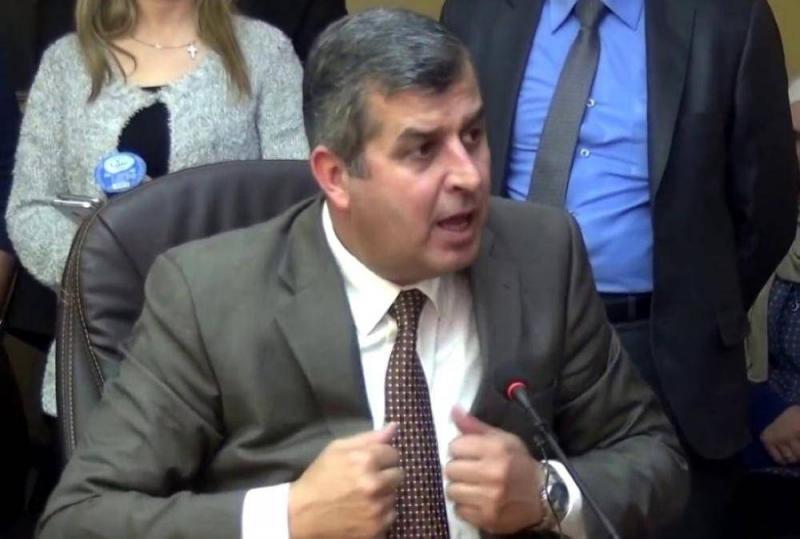Jordanian Energy Minister Saleh Al-Kharabsheh stated today, Monday, in special remarks to Al-Arabiya channel that his country will begin exporting electricity to Lebanon in March, following the completion of a financing agreement with the World Bank. Jordan and Lebanon signed an agreement supported by the United States aimed at alleviating the electricity shortage plaguing the country by transferring electricity through neighboring Syria.
Separately, the minister mentioned that Jordan will invite global companies to explore for oil and gas in the middle of this year. Lebanon is facing a severe electricity crisis, especially since the beginning of summer, with power cuts exceeding 22 hours, amidst the authorities' inability, in light of the economic collapse, to import fuel to operate production plants. The removal of subsidies for importing diesel, necessary for operating private generators, has worsened the situation.
Lebanon has been importing fuel from Iraq for months to run electricity production plants and is in negotiations with Egypt for gas imports through what is known as the Arab pipeline that passes through Jordan and Syria to Lebanon. The import of energy from Jordan, combined with Iraqi fuel and Egyptian gas, could provide between 8 to 10 hours of daily electricity supply. The electricity sector is considered the worst among already dilapidated infrastructure facilities, costing the state treasury over $40 billion since the end of the civil war (1975-1990). The cost of importing electricity from Jordan is about $200 million annually, with a similar cost for importing gas from Egypt.
Although the government approved a plan in April 2019 to reform the electricity sector, it has not materialized amidst an economic collapse classified by the World Bank as one of the worst in the world since 1850. Reforming this sector is one of the key demands of the international community for financial support to Lebanon.




